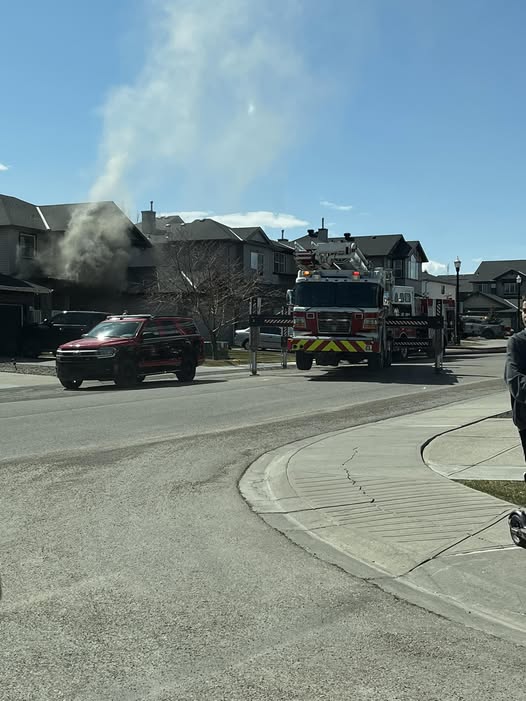Chestermere City Council carried a motion on Aug. 20 to convert the biweekly garbage collection program from clear plastic bags to 240-litre black bins.
The 2019 capital budget includes funding approvals for the conversion of Chestermere’s garbage collection program from manually collected clear plastic bags to mechanically lifted and dumped black bins, said Chestermere Utilities Incorporated (CUI) Transitional Manager Rick Quail.
“We did hire operators from other companies who left their employment to come work for the city of Chestermere on the basis that manual garbage collection would cease to exist in three to six months,” said CUI Solid Waste Operations Manager Cam Wong.
He added the introduction of the black cart would completely eliminate the risk of operators stepping out of the truck without the chance of slips, trips, physical strains, and exposure to the elements.
The introduction of the black cart also offers benefits to Chestermere residents.
With the elimination of clear plastic bags, wildlife will not be able to get into the bag, debris won’t be scattered over roadways, privacy concerns will be removed, and residents can safely push the black cart to the curbside.
“A specialized truck is no longer required for a cost-benefit, the automated collection reduces the headcount from a two-man operation to a single operator,” Wong said.
Currently, the CUI waste collection team is operating with a reduced headcount.
Having a lower headcount will help drive down costs, operators can complete their routes quicker which will drive down costs, and the risk of injury is decreased which will drive down the cities claims, and make it safe for workers, said Chief Administrative Officer (CAO), Bernie Morton.
A variety of black cart options were considered including the small 120-litre cart, and the extra-large 360-litre cart before deciding the medium 240-litre cart would be the best option for residents.
While deciding which size of cart would be best for Chestermere residents, the city found out that garbage levels are at 54 to 69 per cent participation biweekly.
“The challenge of this is they are not putting their garbage on the street, but it’s going somewhere,” Wong said.
On average, the blue bin has 30 to 40 per cent of refuse in the cart, while the green bin has 25 to 40 per cent of refuse in the cart.
“In order to educate residents on effective curbside sorting and reduce contamination, the city does need to provide an appropriately sized cart,” Wong said.
He added, “To ensure the protection of our workers, excessive garbage that won’t fit in the cart, won’t be collected.”
Being as environmentally aware as possible is important for the City of Chestermere, Morton said.
Internally, the city is working on new and improved better practices in the local waste stream.
“This I believe is a step in the right direction, moving to a cart program rather than a bag,” Morton said.
“At this point in time, education is the key. We’re appealing to the good nature of people so that we can lower their rates, which is a high design for us,” Morton said.
“We’re saying just be responsible and put the proper things in the bin because the outcome means lower rates,” he added.
Chestermere City Councillor Yvette Wagner disagreed that the black bins were the best option for residents.
“People are more accountable when they have to use those see-through bags, and the garbage suddenly doesn’t get picked up because they can see the contamination in it,” Wagner said.
“The community wants lower rates, play the game and put the right stuff in the right carts, and we won’t get tagged,” Mayor Marshall Chalmers said.








